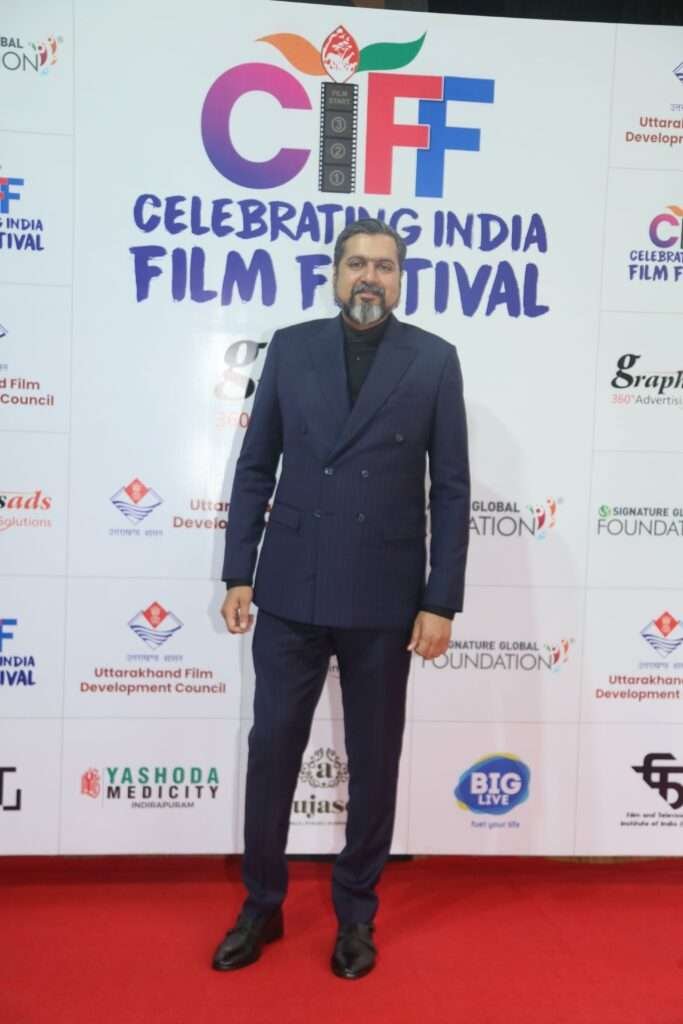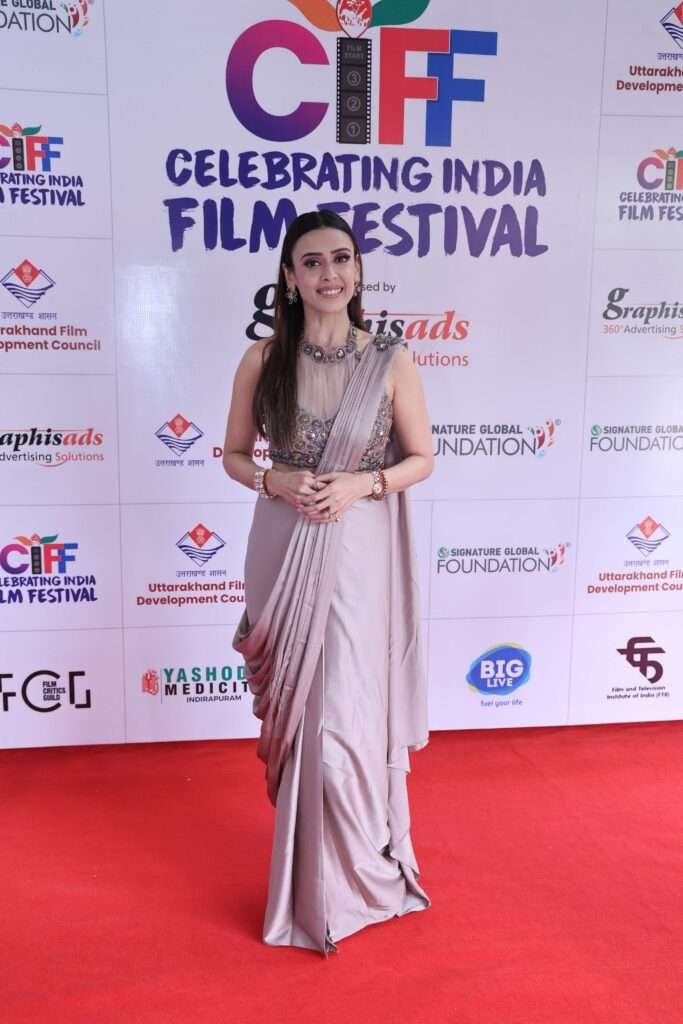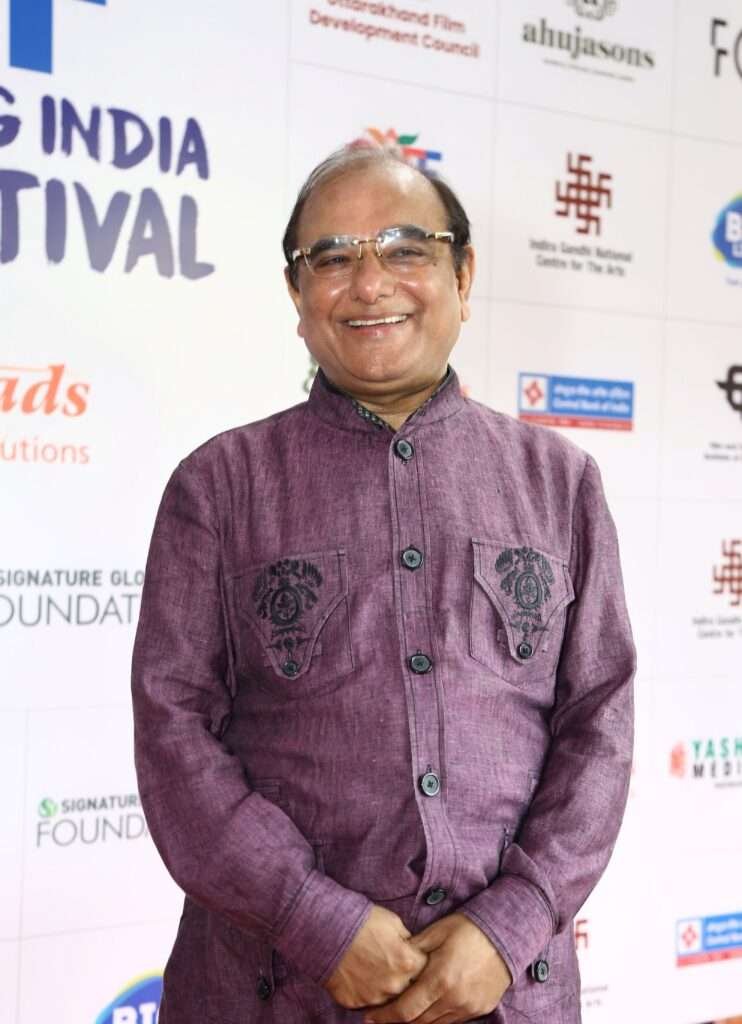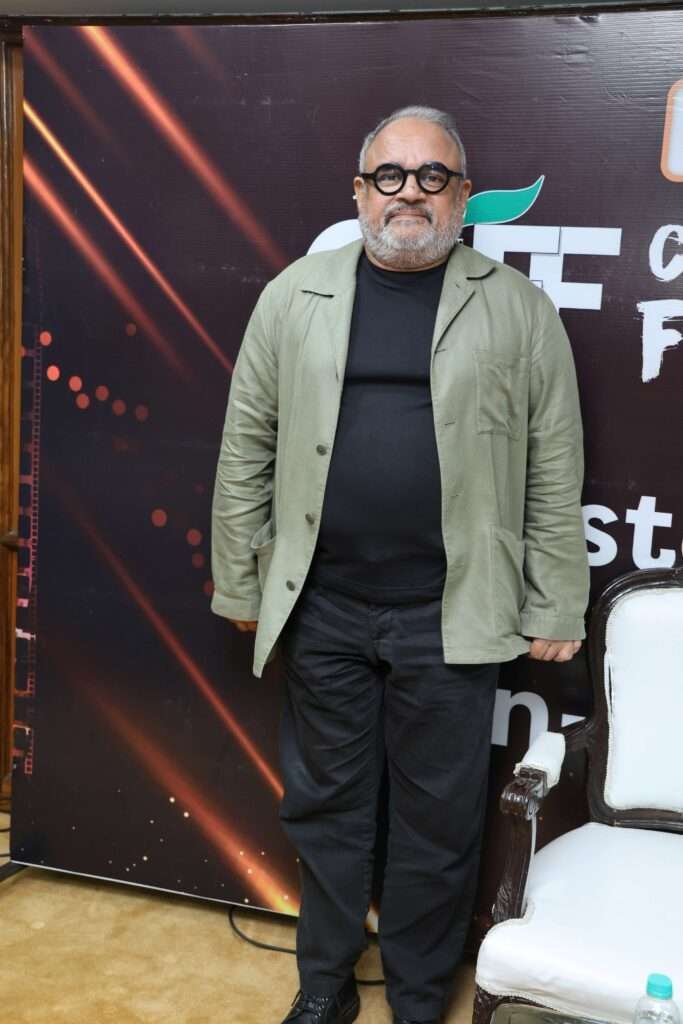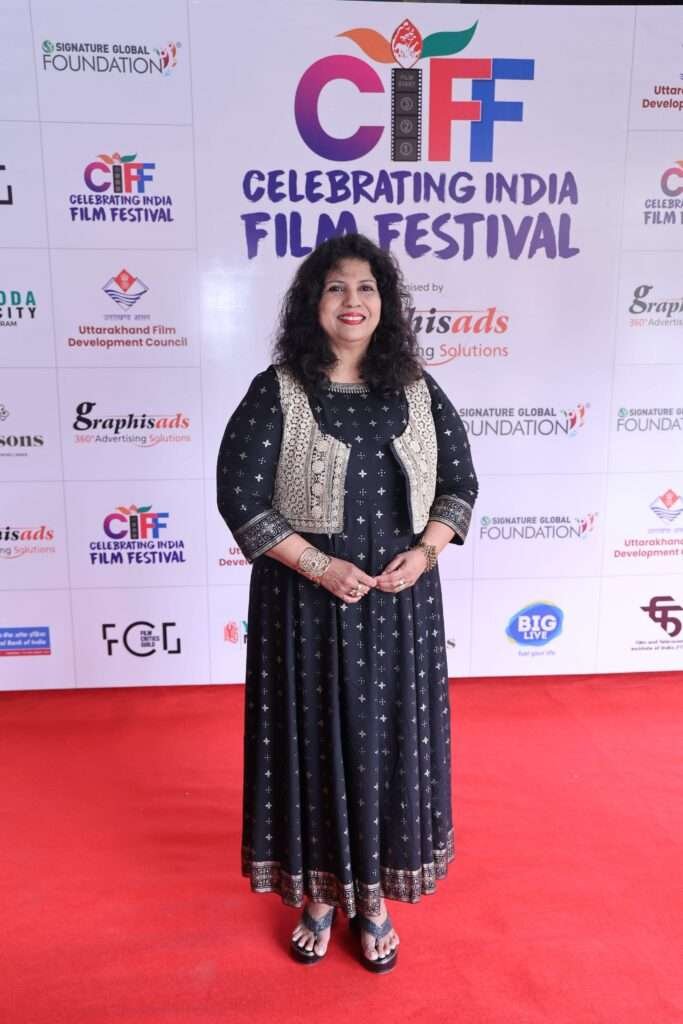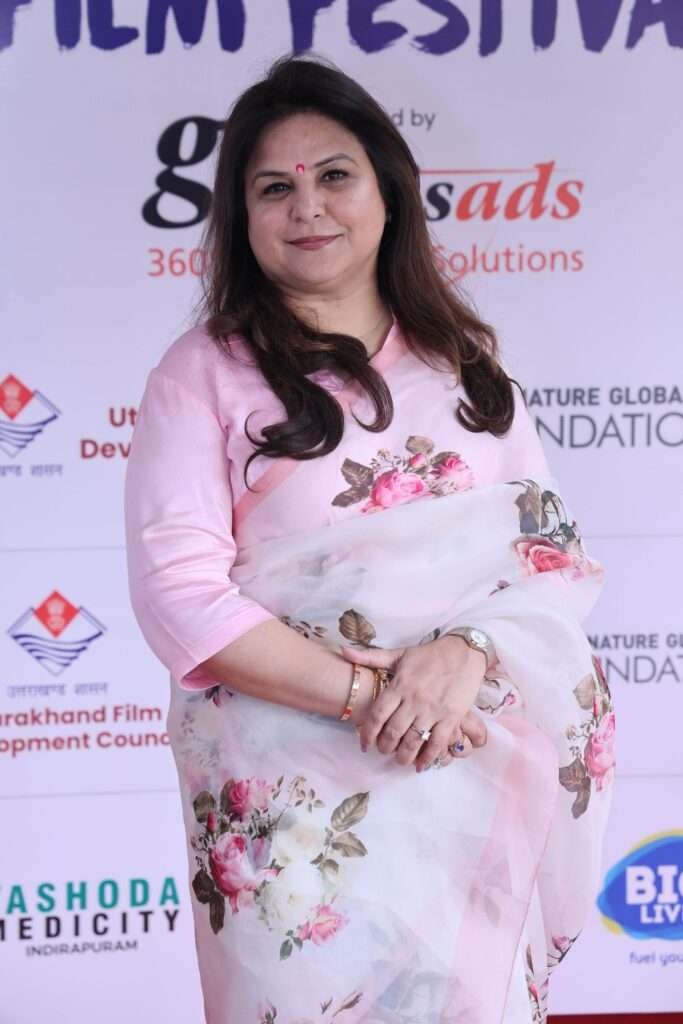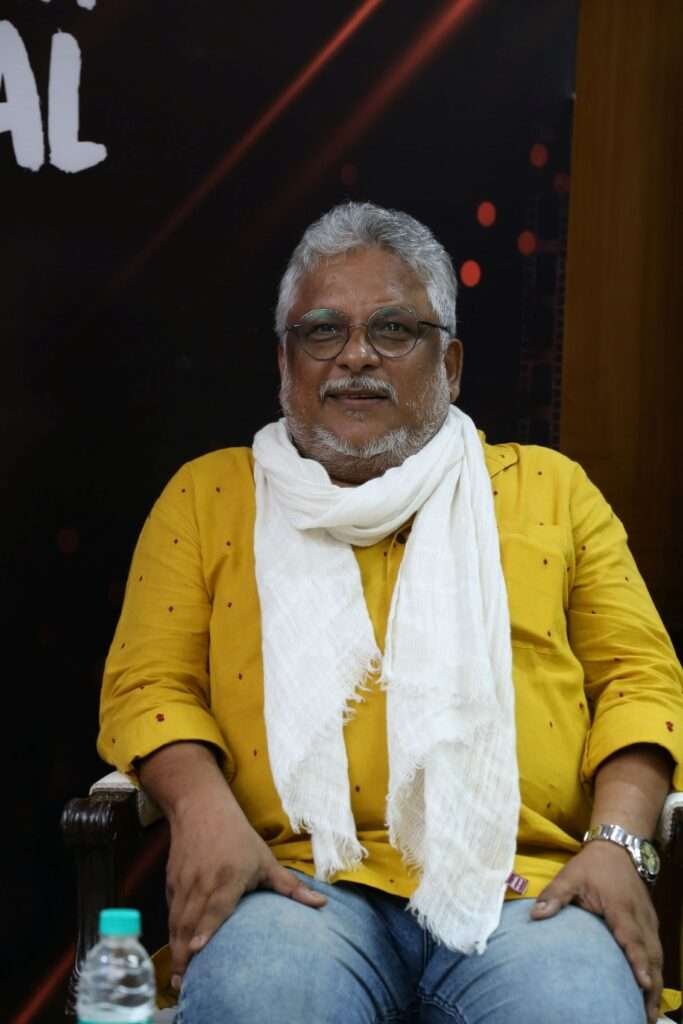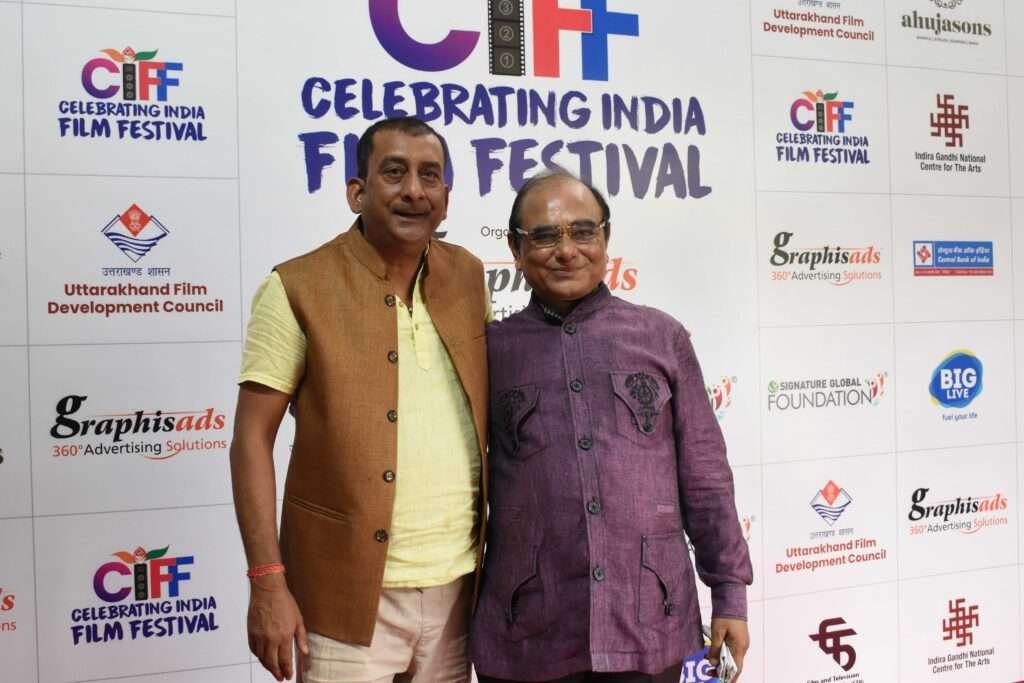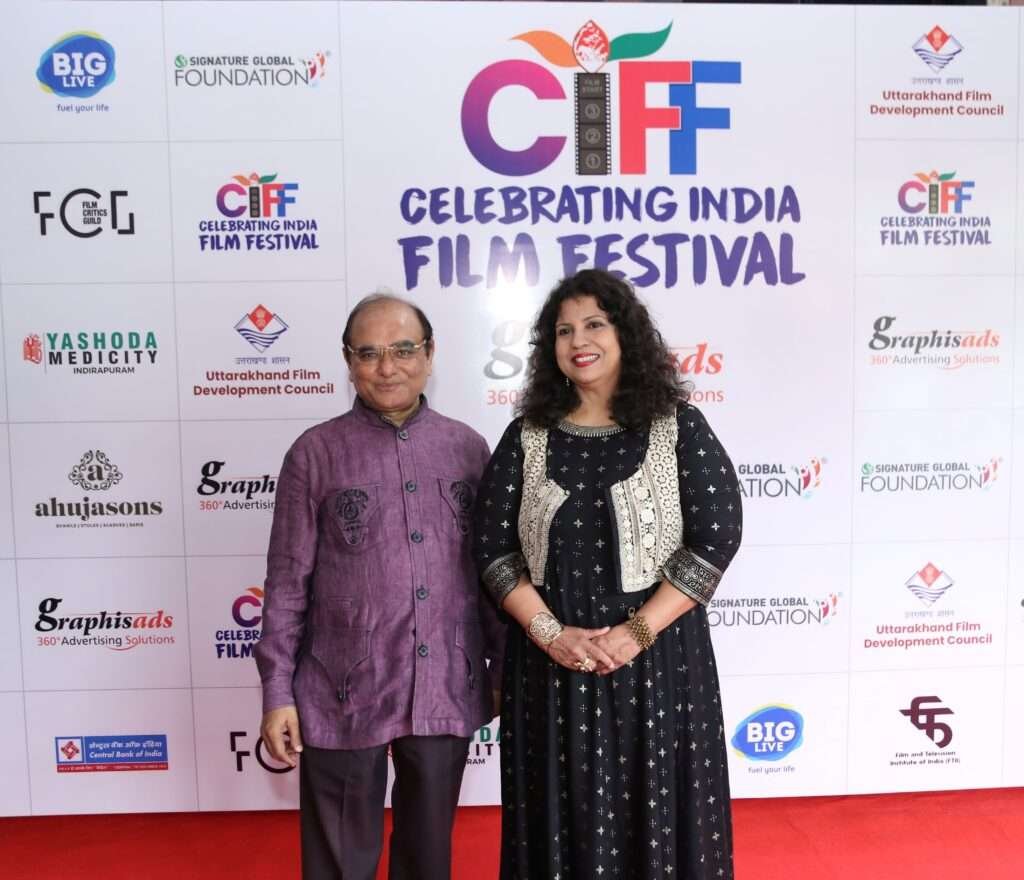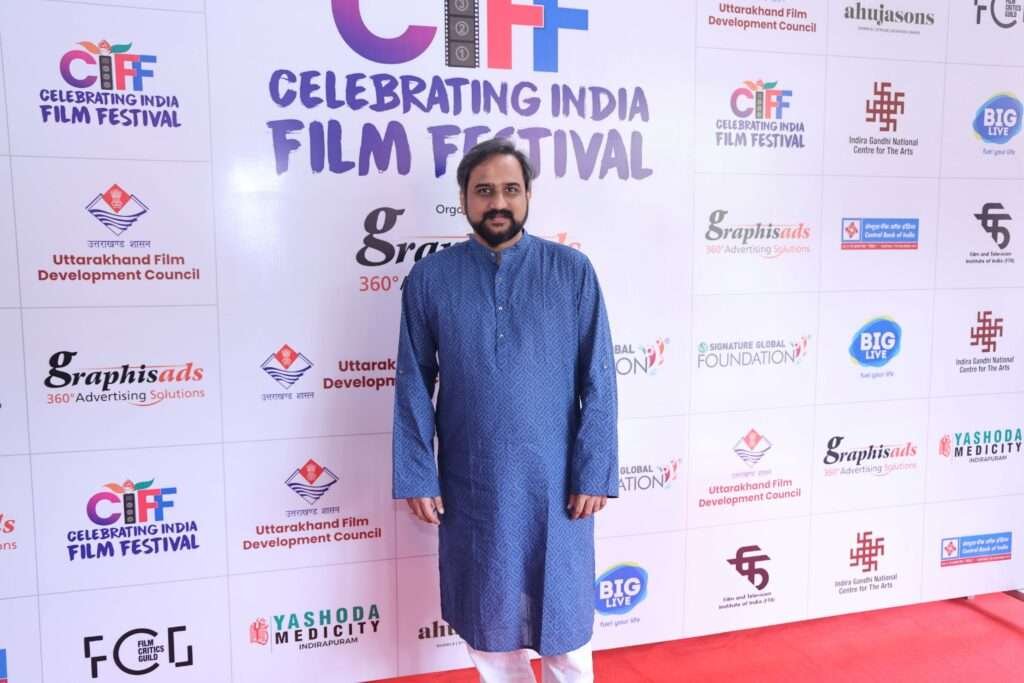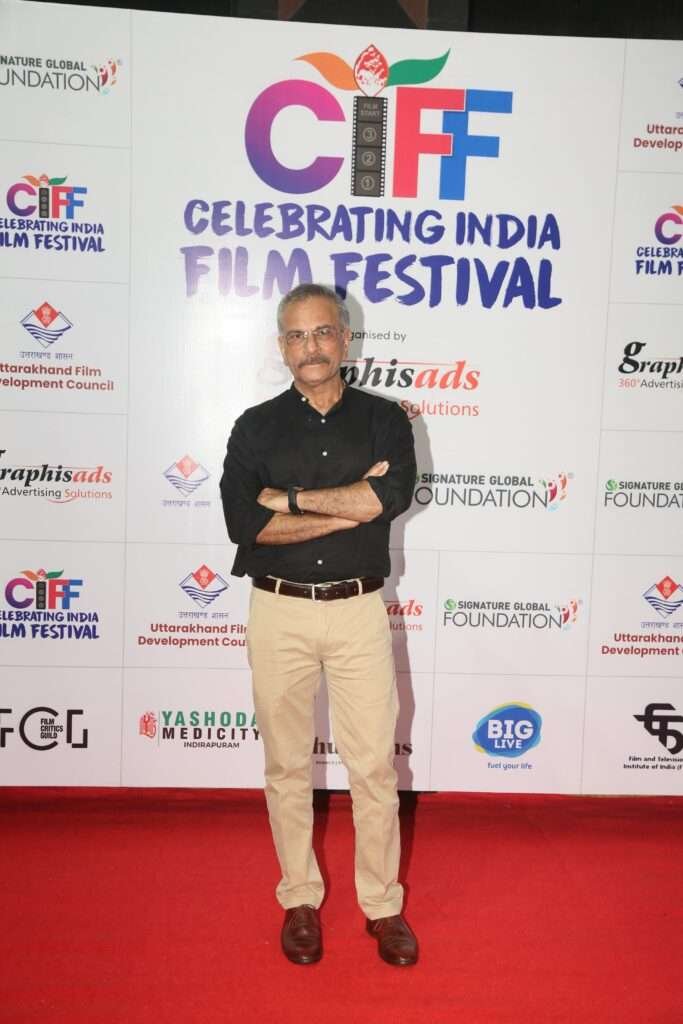A Resplendent Confluence
of Heritage, Vision and Indian Storytelling
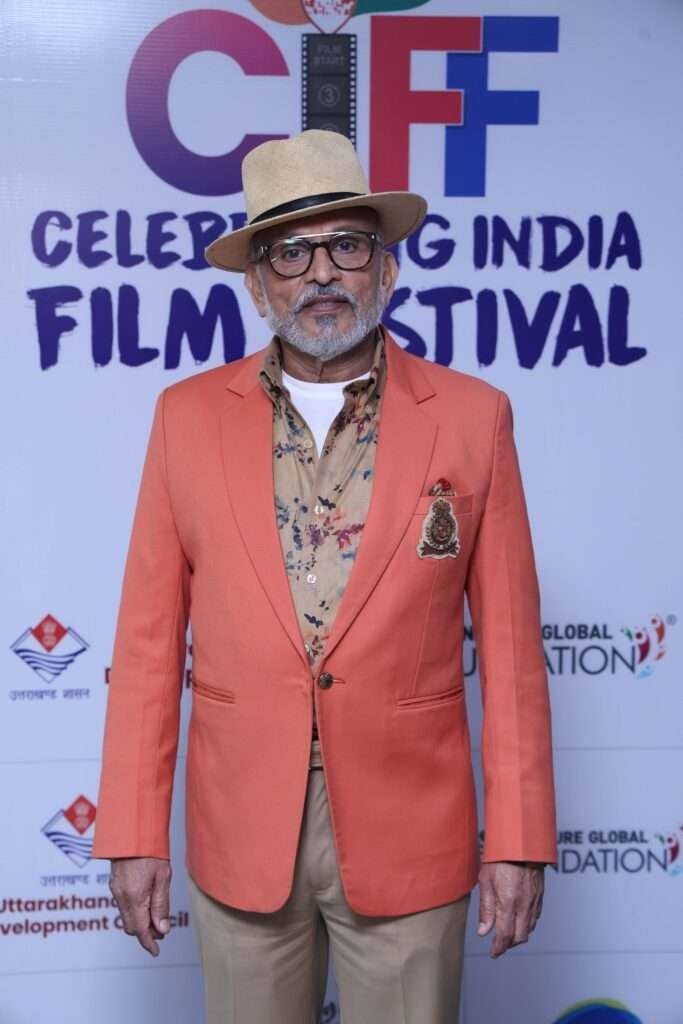
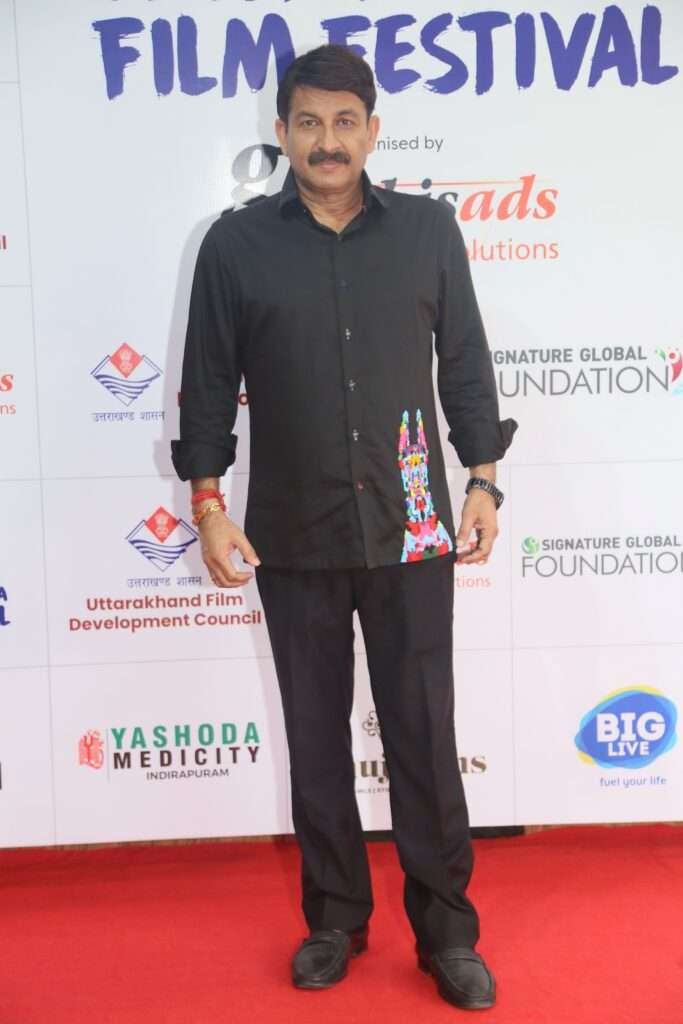
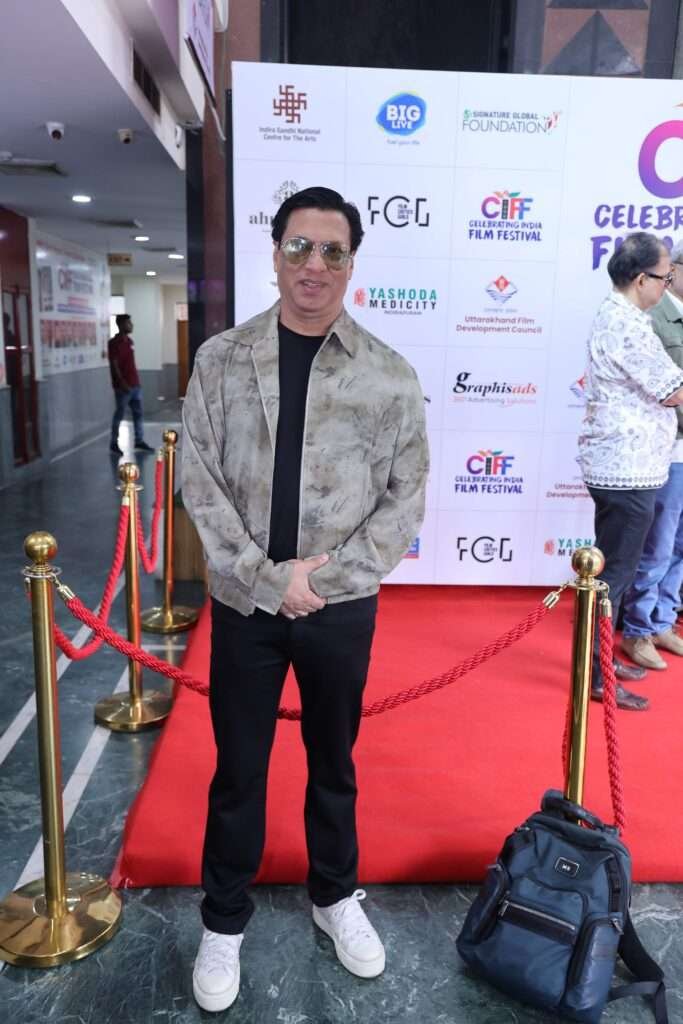
Every Independence Day, Delhi celebrates freedom. But this year, the capital stood at the intersection of cinema, heritage, and history. As India marked its 79th Independence Day, Delhi embraced not just the tricolour but a festival of stories. From August 8–10, the NCUI Auditorium on Siri Fort Road transformed into the stage for the Celebrating India Film Festival (CIFF 2025), a three-day tribute to the country’s voices, dreams, and cultural heartbeat.
The festival opened with quiet assurance, the kind of beginning that knows it will endure. After the inaugural ceremony, the main auditorium lit up with Madhur Bhandarkar’s India Lockdown, a piercing portrait of resilience during the pandemic. Audiences then revisited nostalgia through Manoj Kumar’s epic Kranti, while intimate shorts like Bahi and Pankh unfolded in Beta Hall. By evening, R.S. Prasanna’s candid conversation on representation and breaking stereotypes in cinema gave the day its definitive edge.
If Day One lit the flame, Day Two turned it into a blaze.
The 4K-restored Umrao Jaan mesmerized audiences with Rekha’s timeless grace, while Venky and Sundarpur Chaos showcased the daring scope of regional cinema. Short films curated by the Film Critics Guild—from Behrupriya to Virundhu—proved that brevity can carry profound impact. Documentaries like Pavazha, Corals and Culinary Heritage of India took viewers across landscapes and kitchens, rooting the cinematic experience in everyday India. Conversations soared with Hema Sardesai’s lyrical “From Bhava to Beat” and Gaurav Dhingra and Sudipto Sengupta’s honest dissection of filmmaking’s behind-the-scenes realities. The day closed on a moving note with A Boy Who Dreamt of Electricity, a tale of persistence against impossible odds.
The final day unfolded like a crescendo. Call Me Dancer set the tone, followed by the Marathi gem Mukam Post Devnacha Ghar. Beta Hall’s FTII Shorts Spectrum gathered a rich bouquet of voices: Raman Kumar’s portrait of Kaifi Azmi, Payal Kapadia’s meditative And What Is the Summer Saying, and Chidananda Naik’s Cannes-feted Sunflowers Were the First Ones to Know. Midday charged the atmosphere further—a masterclass on the language of cinema by FTII, a critic’s panel on Indian film’s evolving idioms, and Bharatbala’s Virtual Bharat project, preserving culture through cinematic memory.
“CIFF is a living tribute to India’s cultural and linguistic heritage. Each frame here carries the heartbeat of a nation in transformation,” said Kapil Mishra, Minister of Art, Culture, and Languages, Government of Delhi, proposing a Delhi Government partnership for future editions.
The afternoon deepened with Geetanjali Mishra’s reflections on extraordinary roles and a soul-stirring performance by Grammy Award–winner Ricky Kej. His composition Gandhi: Mantra of Compassion merged sustainability, Indian instruments, and orchestral depth into a call for compassion and climate consciousness.
As dusk descended, Hon’ble Chief Minister Rekha Gupta captured the festival’s essence:
“CIFF 2025 has been a vibrant celebration of Delhi’s artistic soul. Films are embedded in our culture—they connect us to social realities and strengthen the economy. Delhi must now claim its space as a film hub, with a new state film policy, more festivals, and film tourism to match our heritage.”
The closing ceremony glittered with Dr. Annu Kapoor, Bharatbala, Ricky Kej, and Hema Sardesai, joined by Vijender Gupta, Speaker of the Delhi Assembly. Hema Sardesai’s dedication to the Chief Minister through a special performance capped the evening with intimacy and grandeur.
“CIFF 2025 has truly become a people’s celebration of cinema,” said Mukesh Gupta, Festival CMD. “Delhi has claimed its spotlight. For decades, Mumbai and Goa were the main stages of India’s film festivals—but this year, CIFF marked a cultural milestone for the capital.”
